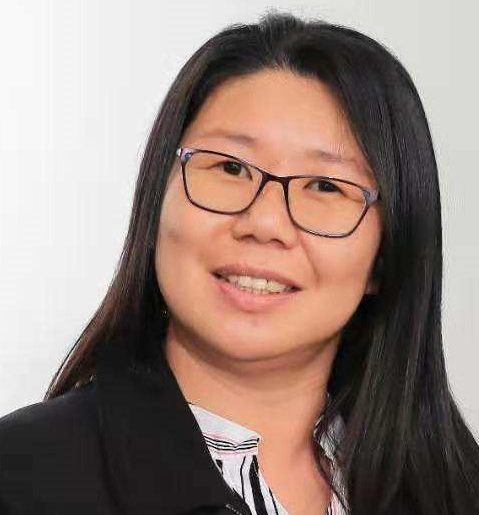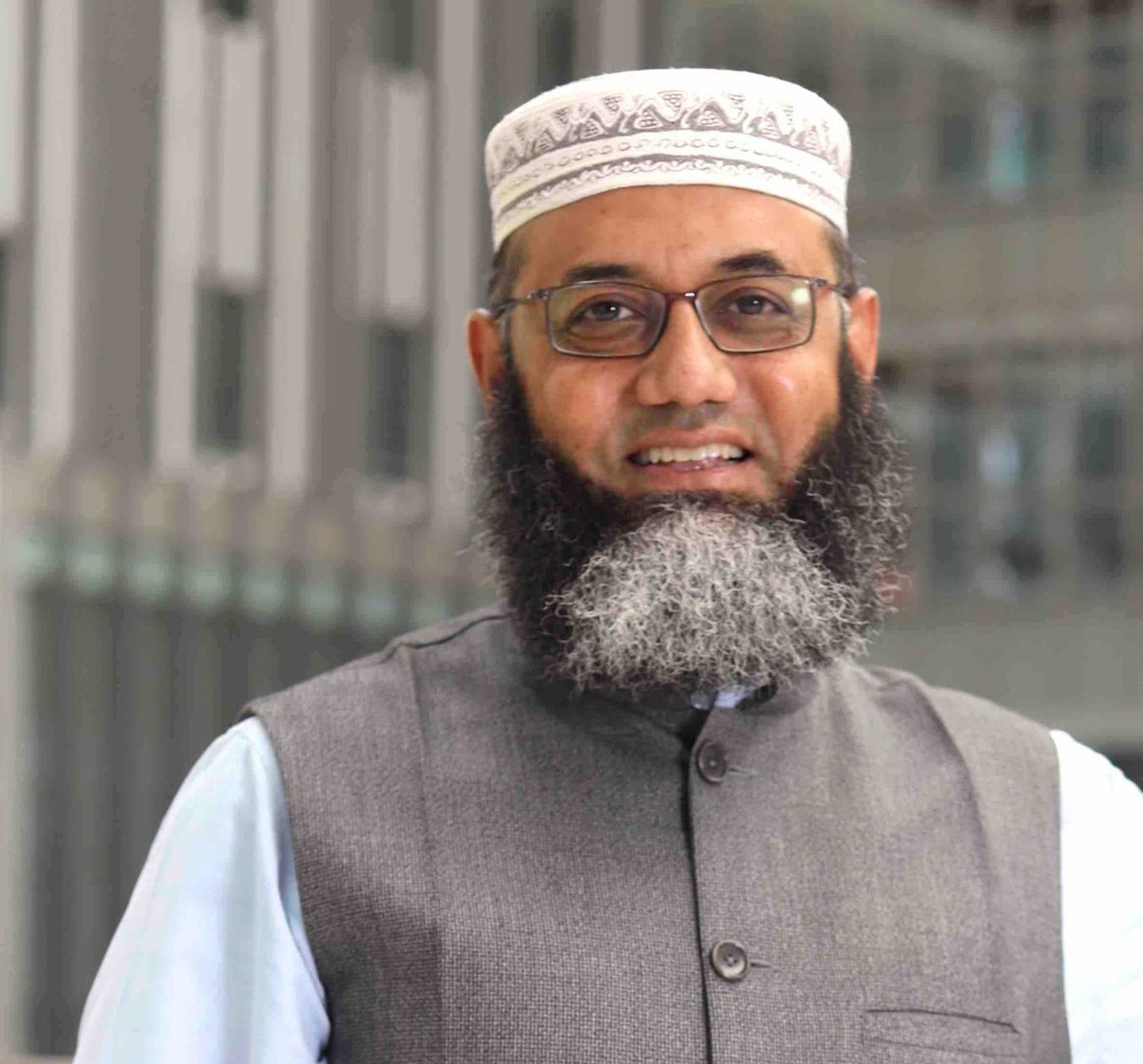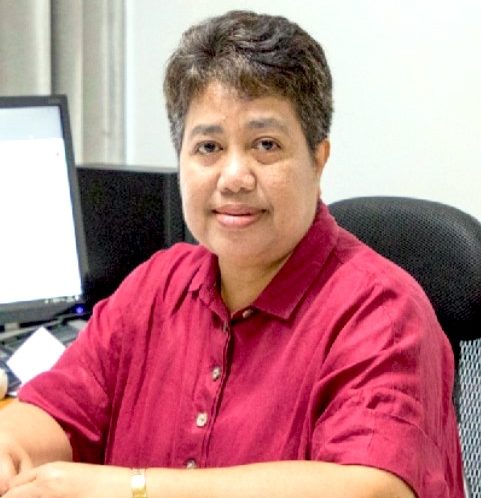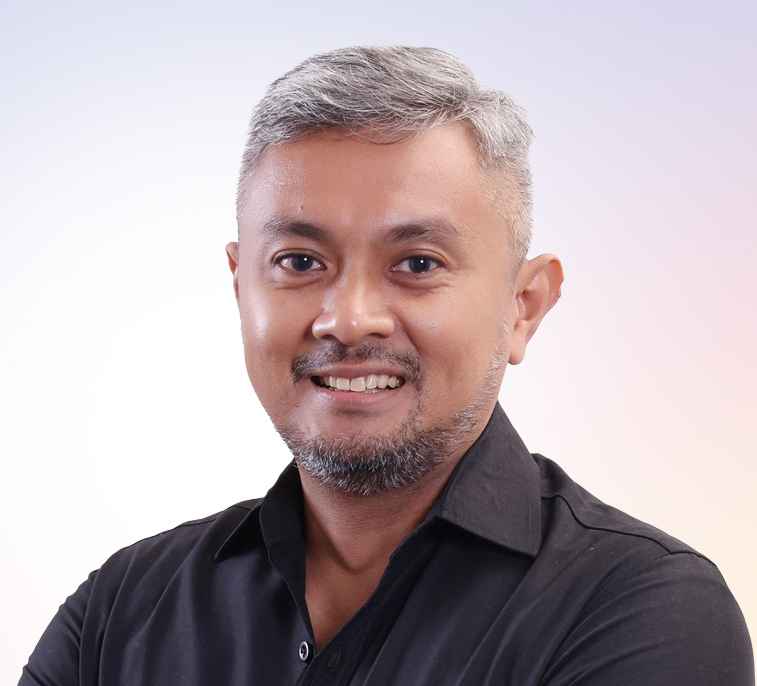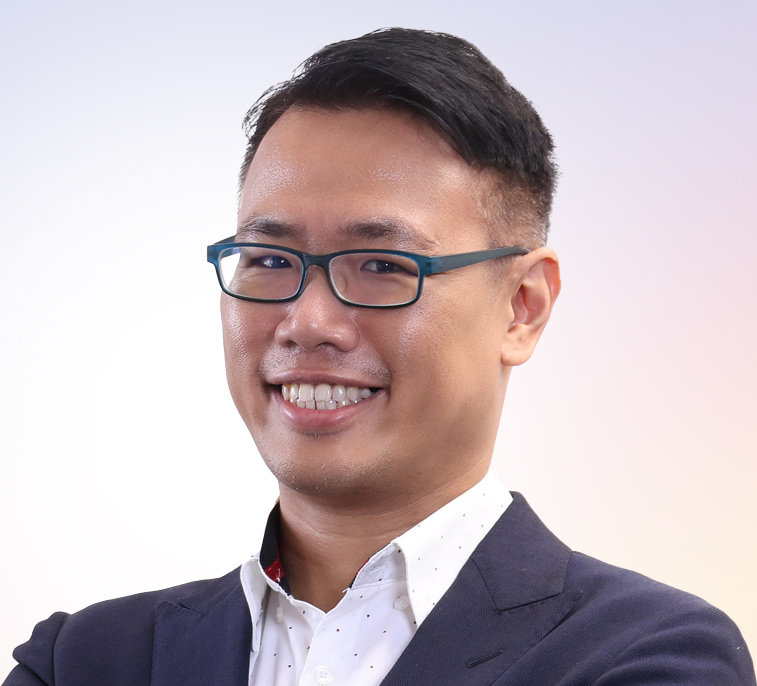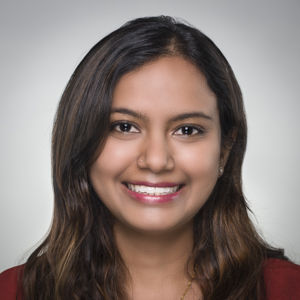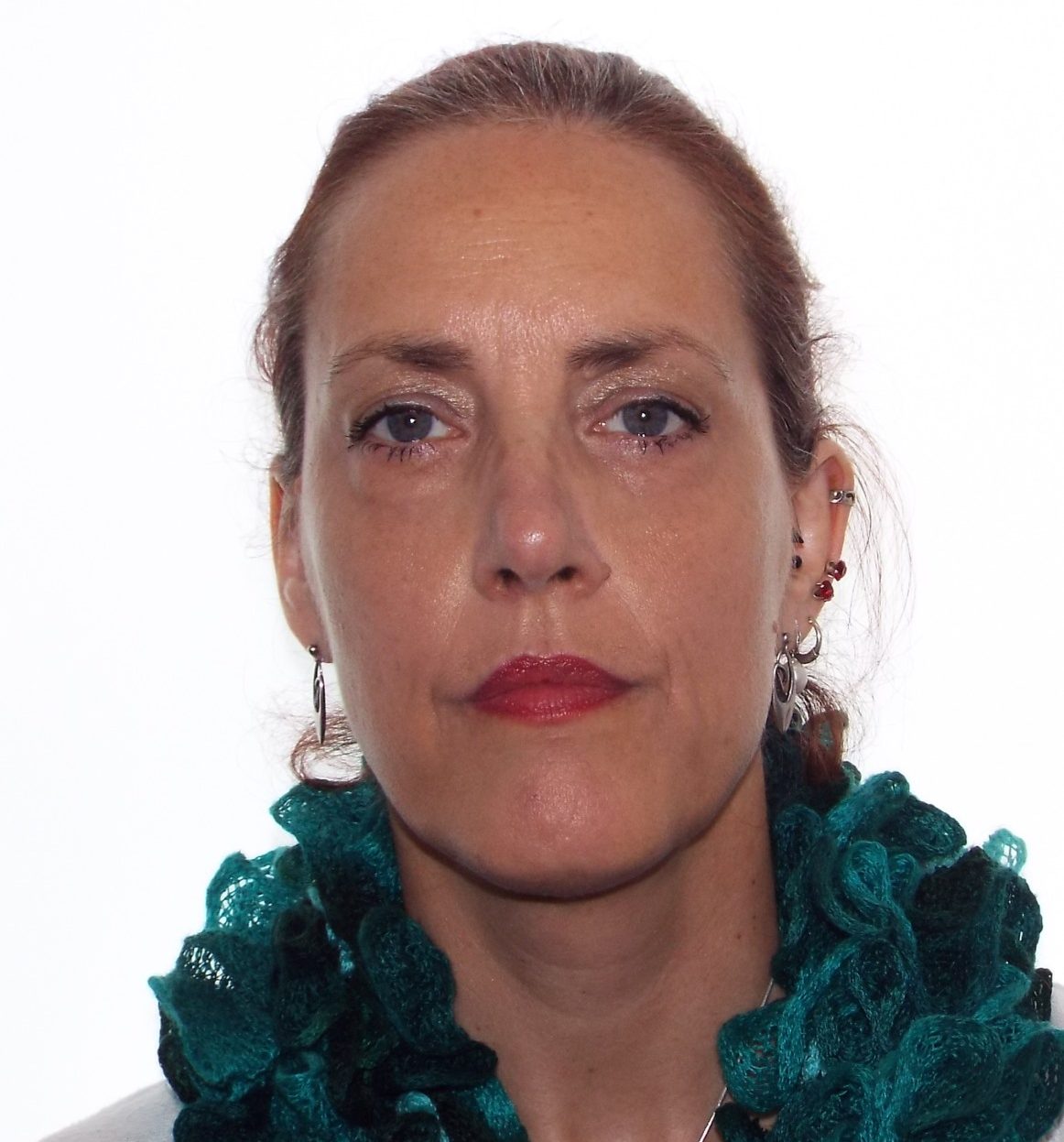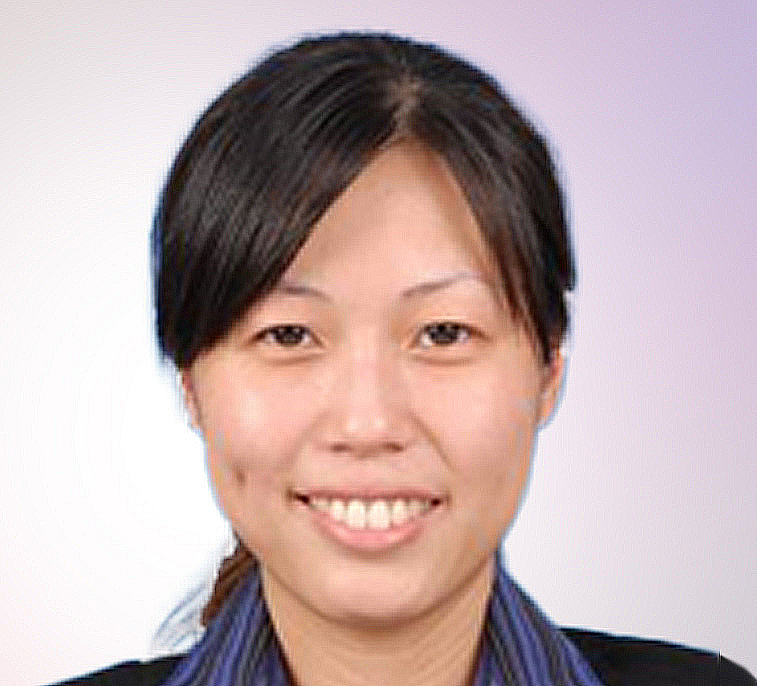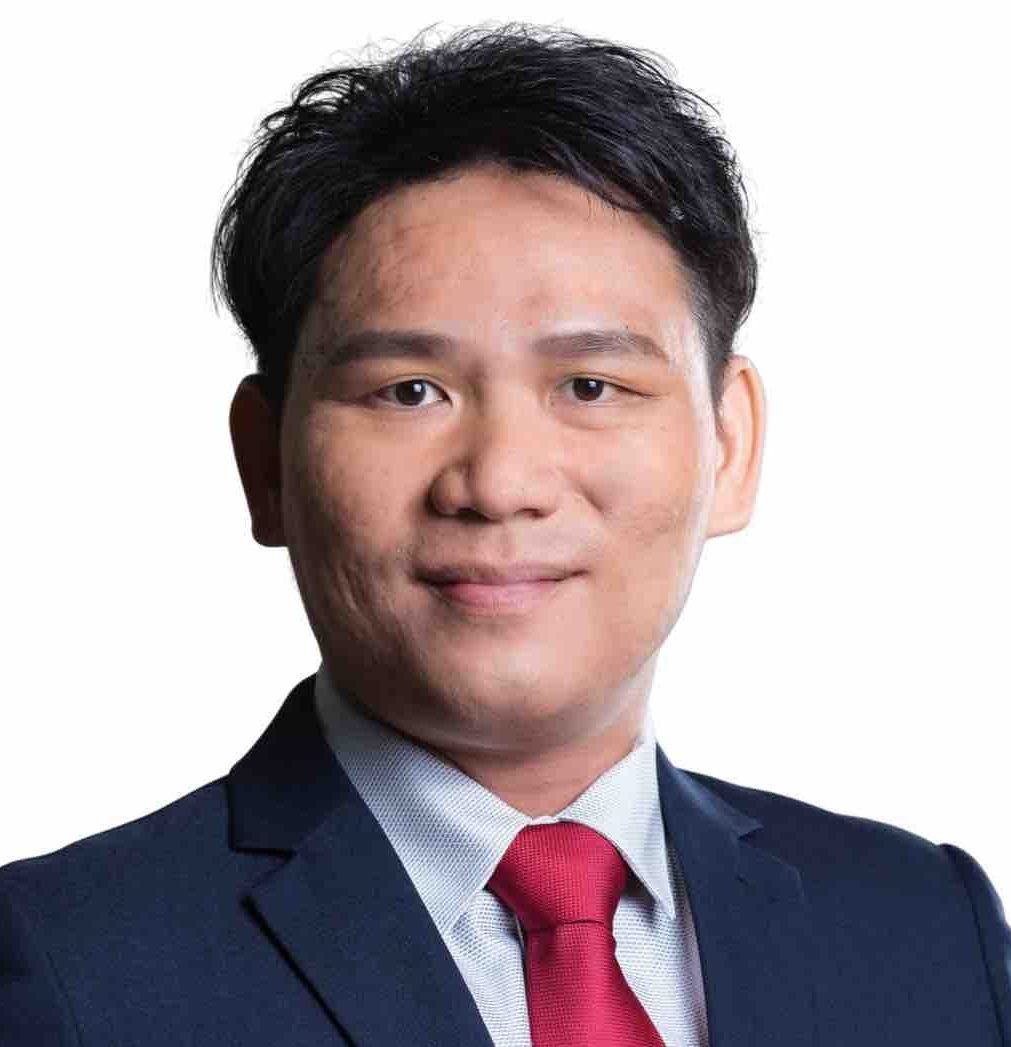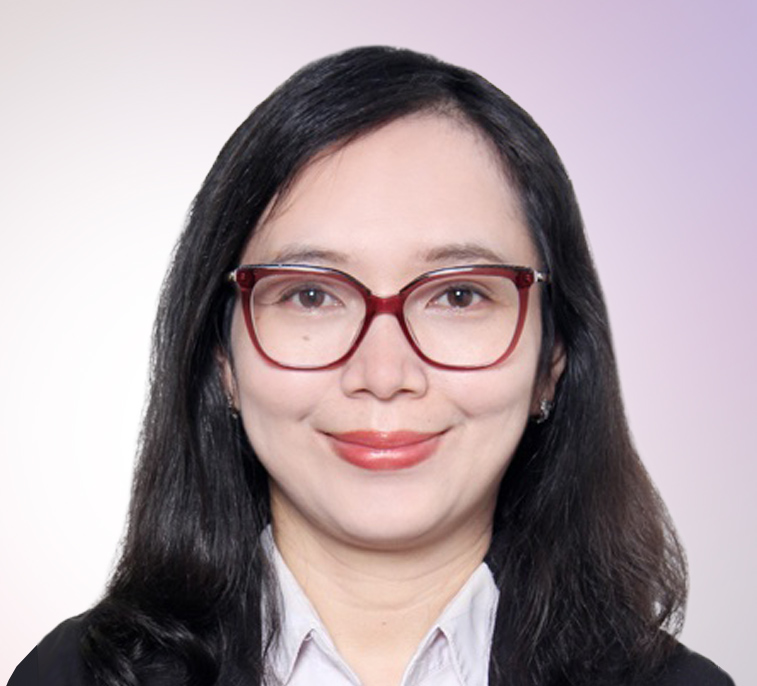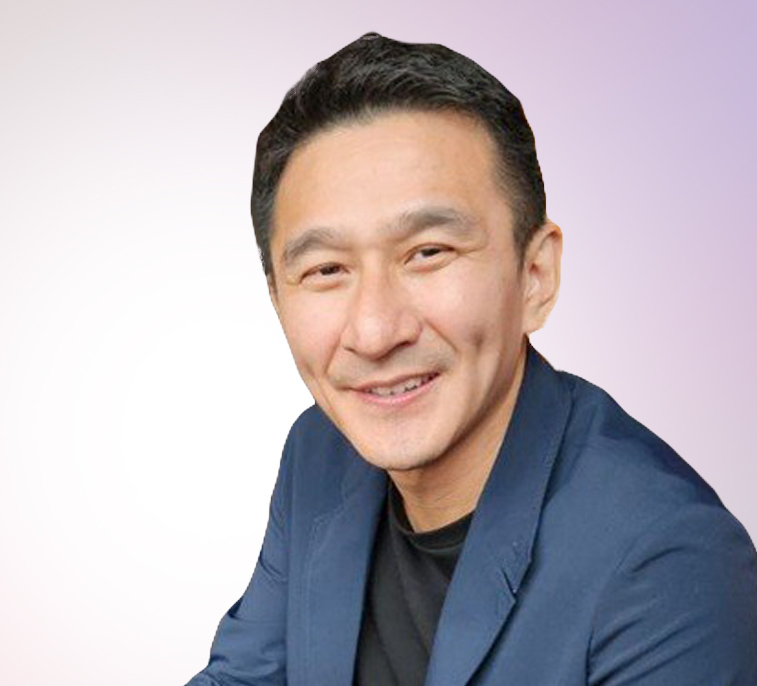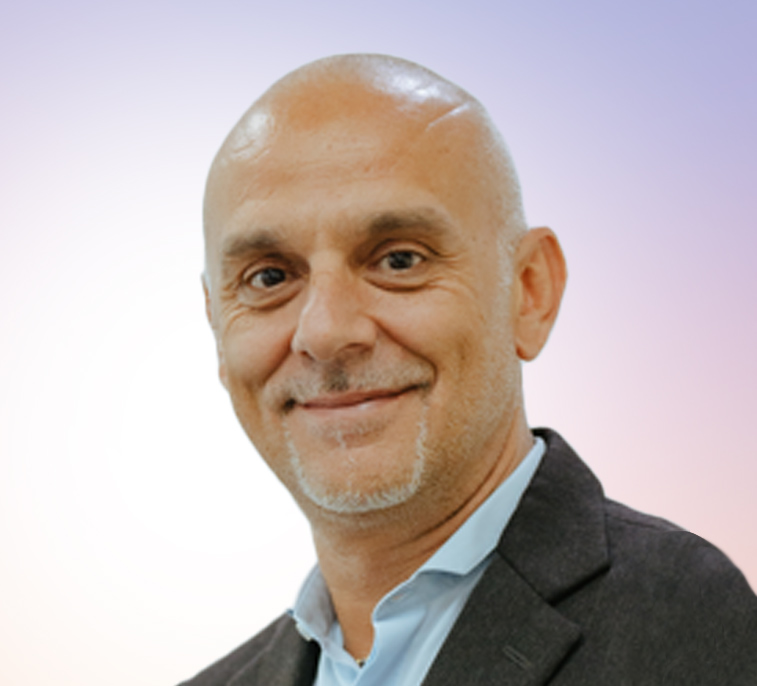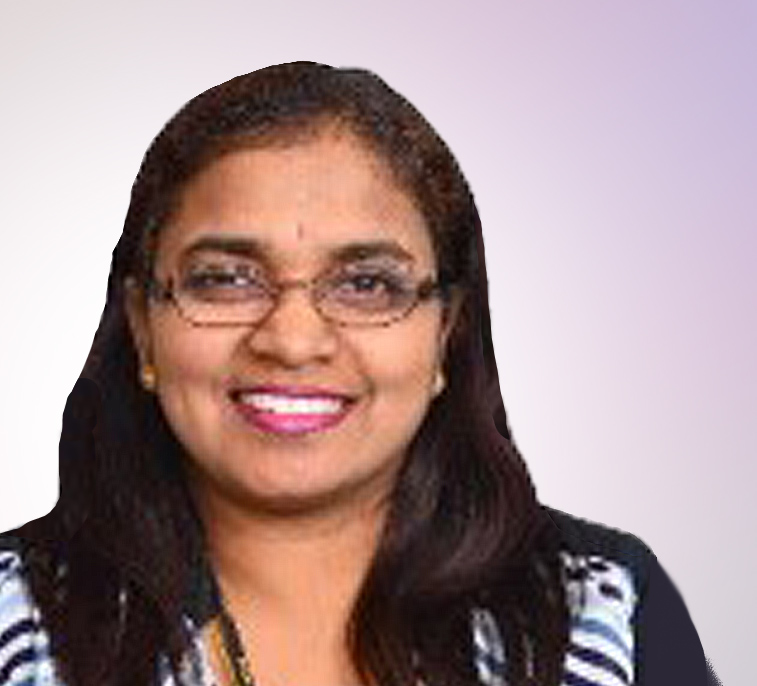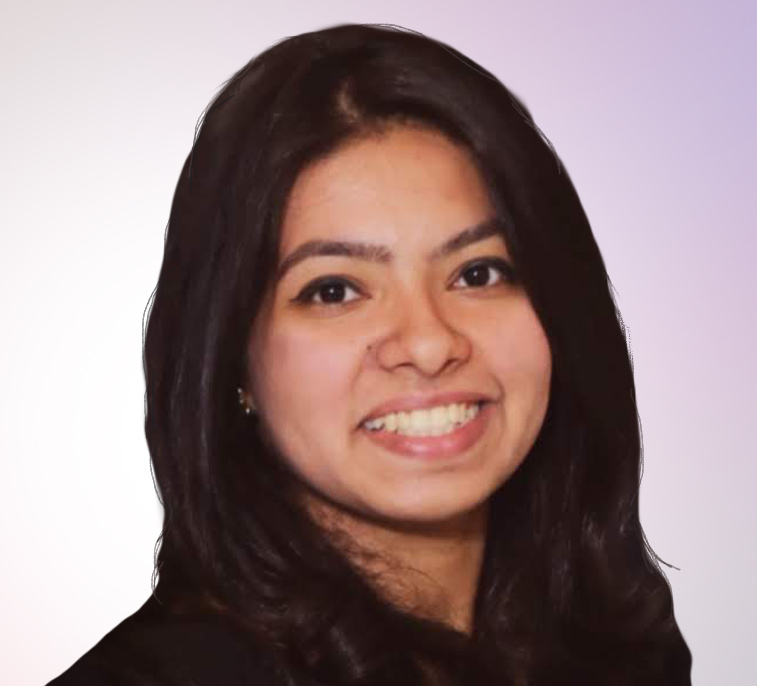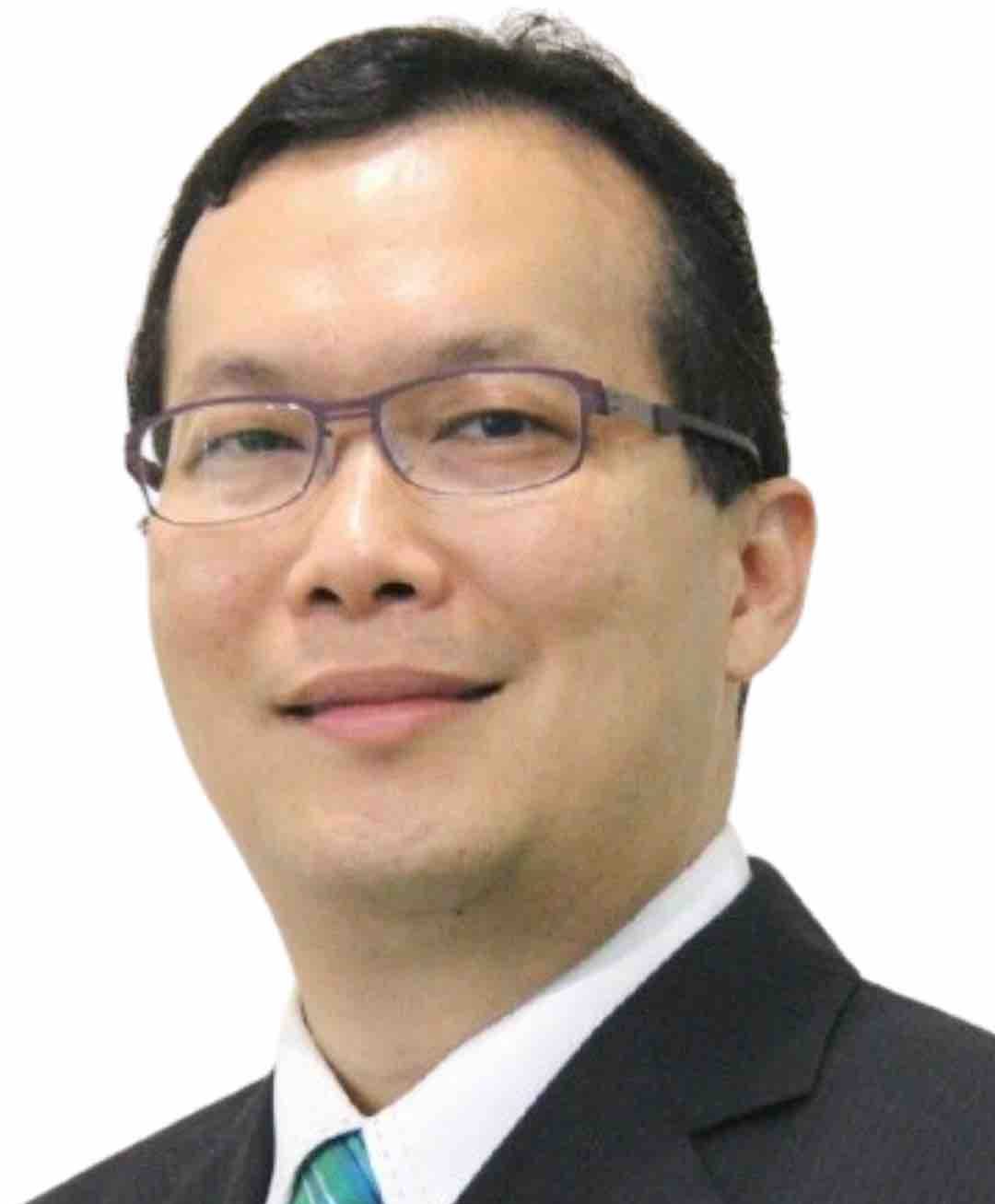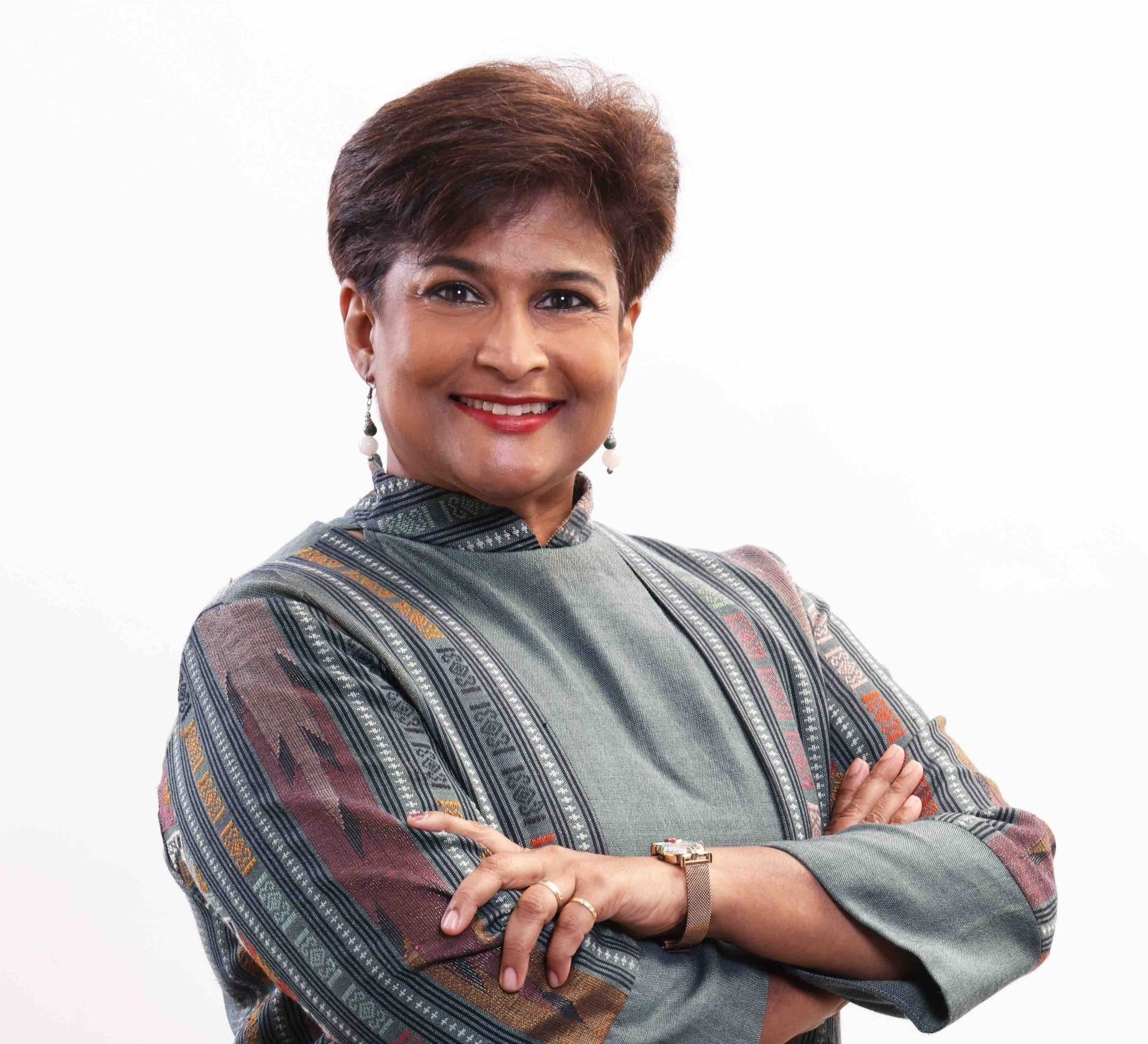ABOUT THE ORGANISERS
Monash University Malaysia
Established in 1998, Monash University Malaysia is the third largest campus of Australia’s largest university and the first foreign university campus in Malaysia. Monash University is a premier research-intensive Australian university ranked among the top 50 universities globally by the Times Higher Education World University Rankings 2023, and a member of Australia’s prestigious Group of Eight (Go8). Monash University is also ranked 57 in the latest QS World University Rankings.
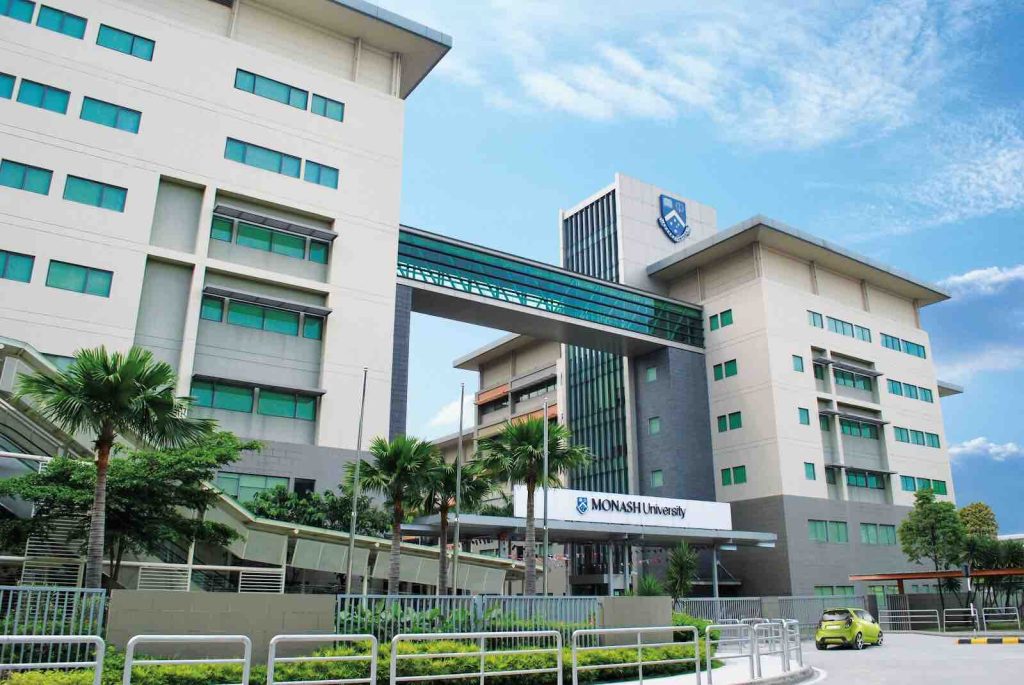
A self-accrediting university, Monash campus offers a distinctly international and culturally rich environment with approximately 9300 students from more than 79 countries. Students are taught by highly qualified academic staff from across the world and the same rigorous standards are applied at the campus as at other Monash campuses.
Monash-Industry Plants Oils Research Laboratory (MIPO)
Monash is committed to research that matters. Monash’s international, multidisciplinary approach brings together researchers from different fields, faculties, campuses and universities and allows them to develop strengths in specific areas and set research priorities to benefit the communities they serve. Monash Malaysia researchers benefit particularly from being part of the Monash global footprint, which takes in China, India, Indonesia, the UK , Italy, Australia and, of course, Malaysia.
Being geographically located in the region where about 90% of the world’s palm oil is produced, Monash Malaysia has set up a Multidisciplinary Research Platform known as the Monash-Industry Plant Oils Research Laboratory (MIPO) to address some of the challenges facing the industry. With a team of outstanding researchers and the state-of-the-art research and education facilities, MIPO aims to promote cross-disciplinary collaborations and university-industry linkages in developing sustainable solutions for the production of palm oil through research, education and training. MIPO is a platform for university-industry-government cooperation aimed to improve the sustainability of the palm oil industry in the country and beyond.
Roundtable on Sustainable Palm Oil
The Roundtable on Sustainable Palm Oil (RSPO) is a global, non-profit organisation that brings together stakeholders from across the palm oil supply chain to develop and implement global standards for sustainable palm oil production and procurement. Members come from seven sectors: oil palm growers, palm oil producers and traders, consumer goods manufacturers, retailers, banks and investors and environmental and social development NGOs.
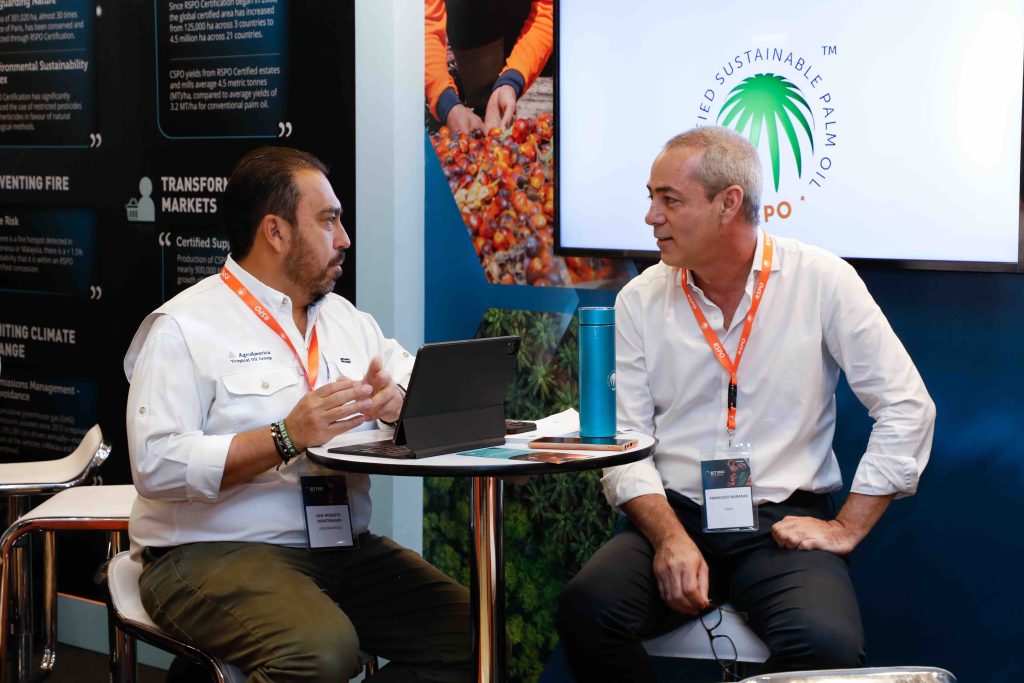
Members of the RSPO are committed to developing and implementing the industry’s most comprehensive standards for sustainable palm oil. Members are also committed to a Shared Responsibility to help achieve RSPO’s vision ‘to transform markets to make sustainable palm oil the norm’.
Protecting People, Prosperity and the Planet
To achieve our vision, we must be also able to demonstrate that sustainable palm oil creates a tangible impact for People, Prosperity and Planet – improving the quality of life of oil palm farmers and their communities, creating a more inclusive and prosperous palm oil industry that embraces sustainability, and enabling us to better conserve, protect and enhance our natural ecosystems and resources.
It is essential for us to continuously monitor the impact of our work. This helps us assess the ways in which our members’ work contributes to our shared vision of transforming markets to make sustainable palm oil the norm. It also allows us to report on how far we have come as an organisation since 2004 in positively impacting the industry, and how far we have yet to go.
As part of our Monitoring, Evaluation and Learning (MEL) System, and in line with the RSPO Theory of Change (ToC), research serves as an important avenue for RSPO to gain insights into the impact of RSPO Members’ work.
Research findings help generate evidence of RSPO Member’s impact and capture examples of best practice examples which could be adopted at scale across the sector. Research also helps to identify challenges and future initiatives in the sustainable agriculture sector. This is crucial for us to drive continuous improvement of the RSPO Standards for the benefit of people, planet and prosperity.
The Organisers reserves the right to amend the programme and details of the symposium as deemed necessary. More information will be progressively updated on this website.
© 2023 Roundtable on Sustainable Palm Oil. All Rights Reserved.
